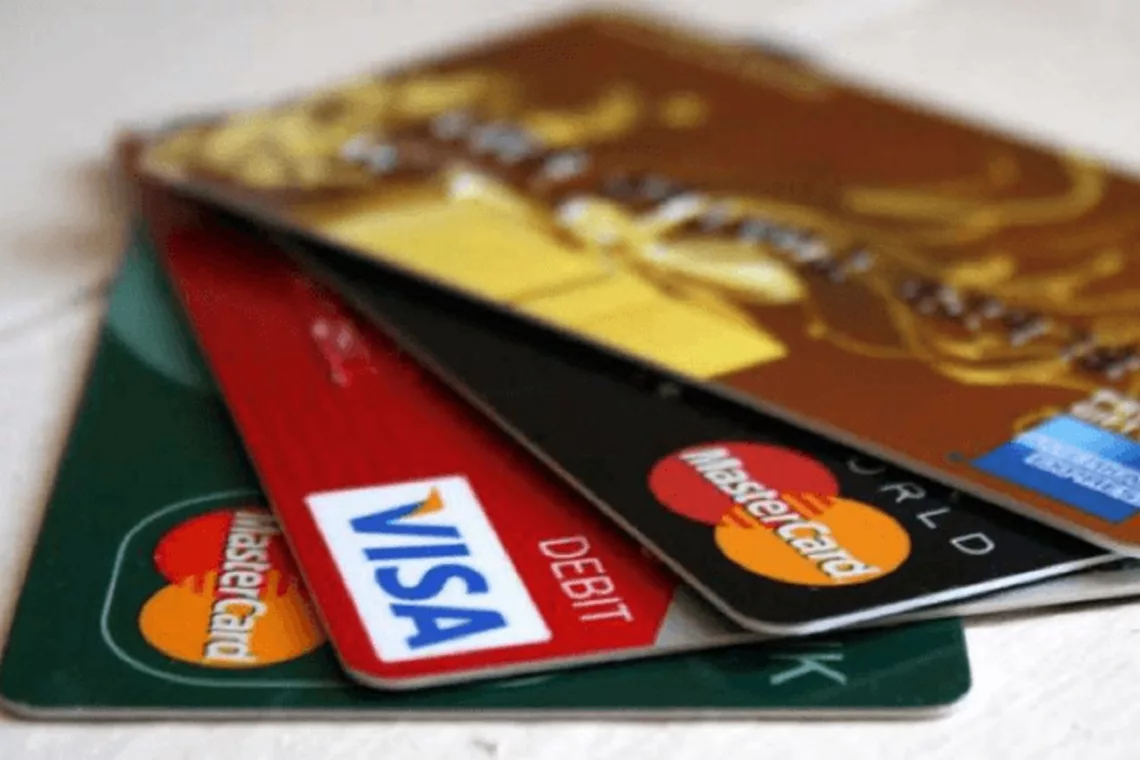As the dollar crunch hits commercial banks, prompting them to limit international spending on naira cards, analysts say this is likely to take a toll on international transactions. Already, there are indications that there is increasing pressure on the naira at the foreign exchange market.
Commercial banks in Nigeria have since the beginning of this month begun cutting monthly international spending limits on naira cards to $20, an 80 per cent reduction compared to the previous limit of $100 as they try to reduce their dollar obligations.
While customers groan that the new limit is not enough to make their online purchases or pay for services or subscriptions with international firms, financial analysts say this may be a ploy by commercial banks to reduce their dollar obligations by making customers source for the foreign exchange needed for their transactions.
The governor of the Central Bank of Nigeria (CBN), Godwin Emefiele had hinted that soon it will stop meeting banks’ dollar demands pushing them to source their customers’ dollar demands through export proceeds.
While First Bank had put its monthly limit at $50, other banks including Sterling Bank, Guaranty Trust Bank and Zenith Bank had cut the limit to $20 per month as they encouraged customers to apply for foreign currency denominated cards.
Banks had in 2020 reviewed monthly international spending using naira cards from $500 to $300 and ultimately to $100. Some banks had also stopped the use of naira cards for ATM foreign currency withdrawals.
Zenith Bank, in an email titled, “Temporary Suspension of International ATM Withdrawals/POS Payments and Review of Web Transactions Limit Using Zenith Bank Cards” to its customers, said it is reviewing naira card spending on web transactions from $100 to $20.
The note read, “Dear Valued Customer, Please be informed that we have temporarily suspended the use of Zenith Bank Naira cards for International Automated Teller Machine (ATM) cash withdrawals and POS transactions. Additionally, the monthly card International spend limit for web transactions has been reviewed from $100 to $20. This review is in response to today’s economic realities. If you have higher International spend requirements, simply visit any of our branches and request for a foreign currency debit or prepaid card, which are available in US Dollar, Pounds and Euro variants.”
GTB had also cut the monthly limit to $20.
UBA had earlier stopped the use of naira cards to withdraw dollars from automated teller machines outside the country or make international payments at point of sale devices. An executive director of the bank, Chiugo Ndubisi, at an investor call said its plan is to cut down on those transactions that would require it to start looking for foreign-exchange.
The Central Bank of Nigeria (CBN), while announcing its target foreign exchange inflow of $200 billion over the next three years had mentioned plans to stop selling foreign currency to banks by the end of this year to encourage them to source their own dollars whilst funding non-oil export businesses.
An investment professional, Ayodeji Ebo, who spoke with NATIONAL ECONOMY on the implication of the move by banks noted that the reduction in international spending limit on naira cards will further put more pressure on the foreign exchange market whilst increasing the dollar deposit rate in the country.
“What we would see is that there would be more demand for dollars for people to fund their dollar accounts so there would be a bit of pressure. So all those that need dollars, because paying for subscriptions now cannot be done, a lot of things cannot be done, people will start opening domiciliary accounts and look for dollars to fund the account; so there will be a bit of pressure on the naira.”
As at Tuesday, March 22 the value of the naira on the streets had declined to N590 to the dollar compared to N570 which it had hovered at for months while it closed at N416.25 at the Nigeria Autonomous Foreign Exchange window, which had a turnover of $140 million on Monday, 21 March 2022.
Ebo, while noting that the move sends a signal that the banks are not receiving as much dollars as they used to, said it is not likely going to immediately increase banks dollar inflow. This, he said, is “because it will be based on utilisation; people will just buy what they need. Maybe over time people may have balances and it will increase what they have over time but then the banks will also look at the withdrawal rate. It will just reduce their liability because people just pay for things in naira cards and the banks have to look for dollars to fund it; and they are not getting any. However, in the long run it will increase their dollar balances.”
On his part, head, Financial Institutions Ratings at Agusto & Co, Mr. Ayokunle Olubunmi, told NATIONAL ECONOMY, “What we are seeing is reflective of what we are seeing in the foreign exchange market. The first thing we need to realise is that the forex that banks use to fund their card transactions is not from the CBN.
“So they actually have to go and source it independently. What we are seeing is caused by this. It is getting more and more difficult for banks to get more dollars and it is not only this, a lot of them have huge exposures that they are trying to see how to get dollars to meet.
“The other thing they are trying to do is to try and see if they can use the policy to attract dollars. If you look at those notifications that banks are sending, they are encouraging customers to open a dollar account so that you put your dollars inside and then you can use that dollar to fund your transaction.
“So they want to try and see if they can get a situation where customers fund their own card to the point that you hardly spend it. That will mean the bank is trying to source for dollars to boost their dollar deposit. It is a reflection of the challenges in the forex market.”
On the immediate implication for customers, Ayodeji Ebo said, “It is really going to affect a lot of those that pay for subscriptions based on foreign currency.” This view was also shared by Ayokunle who stated that “it will be tougher for customers. Also, if you check the market rate it has actually gone up a bit.
“It is going to affect online transactions. If you look at the value of transactions that we do online, you will notice that since the challenge in the forex market started it has actually reduced significantly. I agree that those that buy things online and those that subscribe to services are having issues so it will affect trade.
“What we are seeing is that all these are trying to change how we actually source dollars. If you get the notification that most banks sent to their customers you see that they said you can come and open a dollar account and go and source for dollars to deposit and then you use that for your transaction.
“Without opening the dollar account, if you want to pay for those things you still end up paying in naira but someone is paying in dollars and that is banks. So the banks are saying can you go and source your dollars yourself?”
A customer, Steven Chukwuka while noting that the new lift for most banks does not support any form of online shopping outside the shores of the country or payment for subscriptions said, “I look at the reduction on naira card spending in two ways.
“It is the fact that it is discouraging a lot of small businesses that normally would buy things online and resell in Nigeria. Take for instance, buying things on sites like Alibaba and Aliexpress. This would automatically affect their business drastically because, what can you buy with $20?
“On the other hand, businesses that also depend on hosting their website or software subscriptions offered by international companies also have a challenge right now managing their websites. So, small businesses that host their websites with international hosts, or pay for ads in foreign currency, in a lot of ways, will be affected.”





